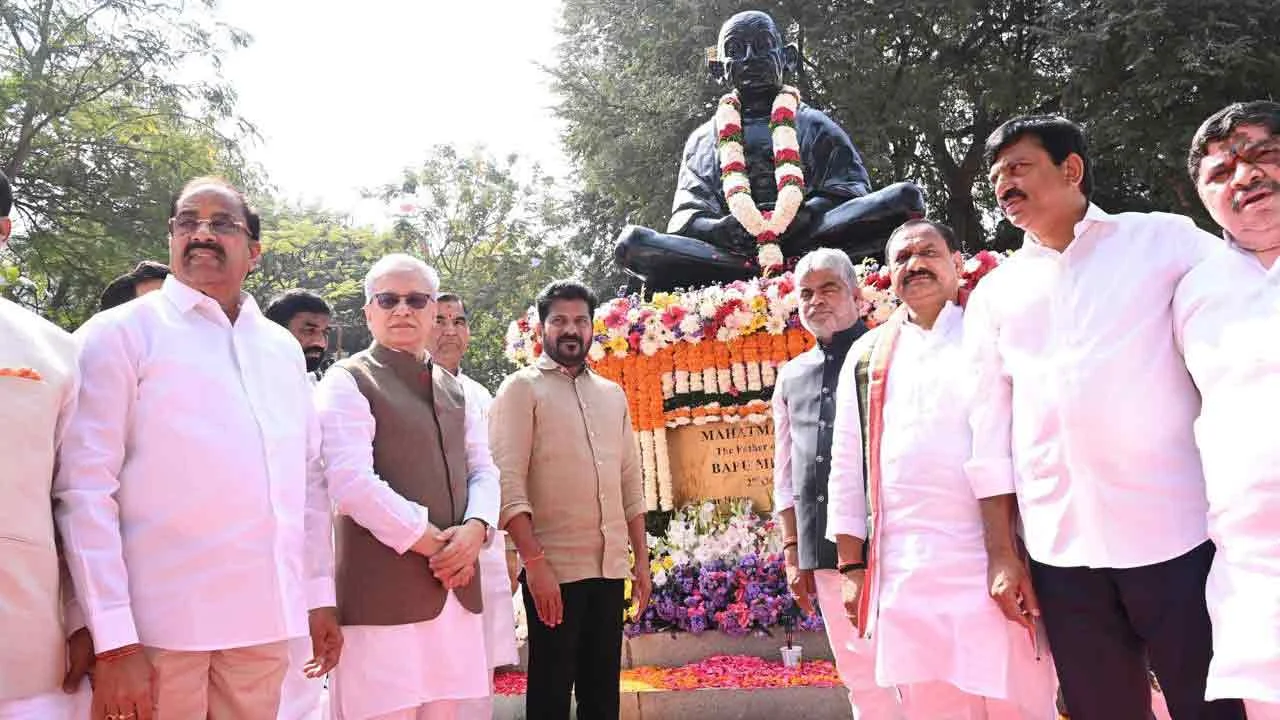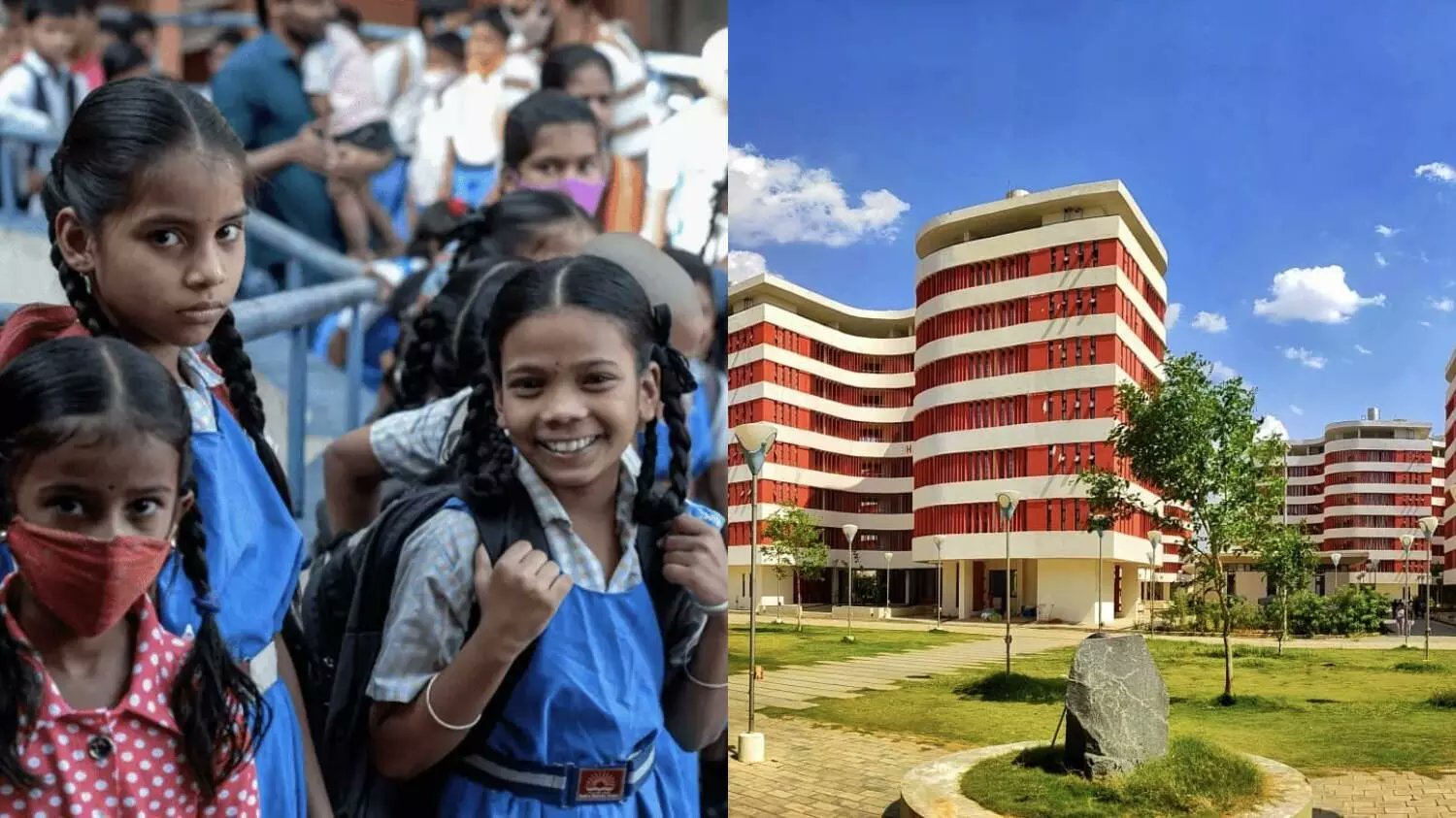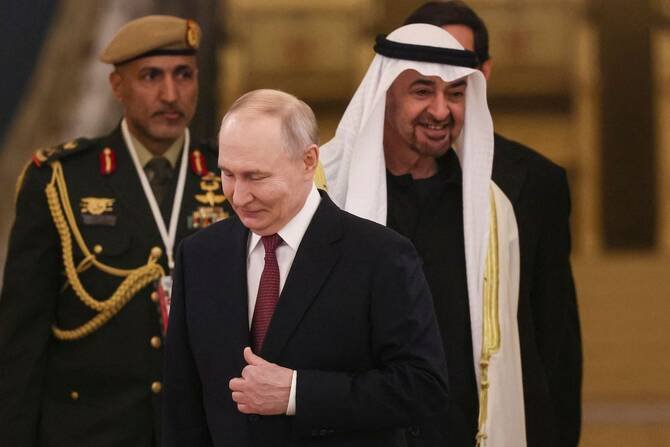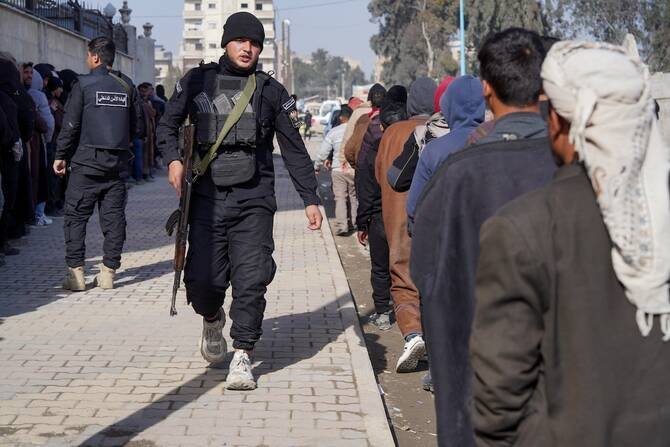Beirut, March 08 (QNA) – Women in Lebanon are demanding to activate their role and participation in the political decision in the country and are seeking to approve the “Women Quota” in the new law of the parliamentary elections, aiming at securing more seats for them in the Parliament.
The Lebanese women are asking to increase their parliamentary representation where their presence did not exceed 3% until the year 2016. They are stressing the need to promote women’s participation after Lebanon ranked 181 out of 193 countries in the world ranking of countries on the representation of women in parliament, with a rate of 3.1% for this representation.
The women’s efforts in Lebanon resulted in the establishment of the “National Alliance in Support of Women Political Participation in Lebanon” sponsored by the National Commission for Lebanese Women, an official committee linked to the Council of Ministers. The Alliance includes dozens of women representing more than 150 associations and institutions in the civil society.
Speaking to Qatar News Agency (QNA), Director of the National Alliance in Support of Women Political Participation in Lebanon Maggie Grabedzeja, an official at the European Union, said that the alliance is part of an integrated project to empower the Lebanese woman and activate her participation in the political life.
She underlined the importance of promoting the role of women in the political decision especially that Lebanon ranks in 134 out of 144 in the field of women’s participation in politics, which represents a very low rate compared with other countries in the world.
She noted that the idea of the alliance came by a number of women from different civil society organizations under the government and parliamentary entitlements to approve a unified demand for standardized measures and reforms to the electoral laws, especially the adoption of 30% “quota” for women as a positive temporary measure, out of respect for the principle of equality in the Lebanese Constitution and in implementation of international treaties.
She underlined the necessity to approve the women quota in the anticipated elections law in order to activate the Lebanese women participation and promote their presence in the political life in Lebanon.
Women in Lebanon are rejecting their country’s low rankings internationally and in the Arab world in terms of the political representation of women where a study suggests that their presence represents only 1% in the parliament, and less than 1% in the government.
Head of the Delegation of the European Union to Lebanon Ambassador Christina Lassen criticized the rates saying that the Lebanese women represent 53% of the population and are effective in the public and private sectors, however they have very limited role at the senior management level. She stressed the need to promote women’s role in the economic, social, political and cultural development in the country.
In a statement to Qatar News Agency (QNA), State Minister for Women Affairs Jean Ogassapian said that the creation of the Ministry for Women’s Affairs in the current government is an important step that demonstrates the interest in promoting the status of women in all spheres, including strengthening their political participation.
The Minister stressed the need for cooperation between the National Commission for Lebanese Women and the European Union, which funds projects for women’s empowerment in Lebanon, and all other civil society associations and organizations “to ensure the achievement of the aspirations of the Lebanese woman and strengthen her presence in the political decision-making”.
He called on Lebanon’s leaderships to support women’s presence in the government, noting that the Lebanese woman is able to be effective and productive at all levels, and to play a key role in improving the work of the government. (QNA)








